by Charles Kopel
A new spring ritual has taken form for American Jews concerned with Israel activism. The AIPAC Policy Conference, a mainstay in the American Zionist establishment for 53 years, is attracting larger and larger groups of delegates to Washington, DC each year. These delegates gather from around the country to address the importance of strengthening the “U.S.-Israel relationship.” The third annual conference of AIPAC’s self-proclaimed rival, J Street–aimed at fostering a network of supporters to advance its “pro-Israel, pro-peace” agenda–is wrapping up today in the nation’s capital. This division of the Israel lobby into two separate camps proves to be a comfortable accommodation for the increasingly polarized spectrum of American Jewish views regarding both the Israeli-Palestinian peace process and the potential nuclear threat from Iran.
An added dimension of this division, however, is that the conference faithful of both organizations now assemble each year for a sort of color war. Not only does each group aim to advance its own agenda; it takes swipes at that of the other group. Of course, this is more of a reality for J Street, which remains, in its youth, a small and ineffective opposition lobby that struggles to find its legitimacy with attacks on AIPAC. The establishment body AIPAC, however, has achieved a legendary position of power and influence in United States policy, reflective of the general success of American Jewry, and serving as an endless quarry of fodder for anti-Zionist thinkers and conspiracy theorists. To AIPAC, J Street is beyond the pale of “pro-Israel,” more critical of Israel’s actions than those of its enemies. To J Street, AIPAC represents an old American perception of pro-Israel, ignorant of the beliefs and sentiments of both the younger generation of American Jews and of the majority of Israelis.
The physical realities of the conferences demonstrates the organizations’ power differential quite well: This year’s AIPAC conference gathered 13,000 delegates, more than 1,000 of whom were students, and included visits from more than half of Congress, addresses from President Obama, Prime Minister Netanyahu, President Peres, minority leaders from both houses of Congress, and Republican presidential candidates Mitt Romney, Rick Santorum and Newt Gingrich. The conference operation was a logistical masterpiece, with organizational finesse and visual productions that speak to the lobby group’s undeniable importance.
The J Street conference, in contrast, gathered only 2,500 delegates, 650 of whom were students, with no top-ranking government officials. The conference operation was messy, reminiscent of a small-scale synagogue gathering, and with a bizarre and extensive hodgepodge of participating organizations–the New Israel Fund, Peace Now, Rabbis for Human Rights, B’Tselem, Givat Haviva, Tikkun Magazine and many more–not all of whom even share similar political stances.
It is therefore with good reason that J Street classifies itself as a “movement” and not a lobby. Its conference seemed at times to be a summit of somewhat like-minded organizations, uniting under the banner of a group that has its own particular party line and a lobby group to advance it.
A much more important distinction between the conferences was the demographics of the presenters at each. An elementary understanding of each organization’s purpose is more than enough to account for this distinction. AIPAC, whose essential goal is to be a Washington advocate for the positions of the elected Israeli government , featured mainly American politicians among its speakers, as if to tell the delegates and the world: “Just look–the American government already overwhelmingly supports the decisions of the Israeli government!”
J Street, whose essential goal is to be a Washington advocate for the positions of the American Jewish population as regards Israel, featured mainly Israeli speakers at its conference, as if to tell its delegates and the world: “Israelis themselves want us, the American Jews, to use the unique power of citizen lobbying in order to urge Washington to pressure Israel toward a two-state peace agreement with the Palestinians!”
This difference in perspective has wide-reaching effects on the image of Israel that emerges at the respective conferences. For delegates of AIPAC, Israel is a hazy, amorphous idea, a distant reality that supports Jewish values, democratic government and the rule of law, one that shares interests with the United States and has legitimate and far-reaching security concerns. Thousands of Zionists attending the conference learned to see Israel through the lens of American leaders–as a “strategic ally,” a place of some ideological and emotional value, a sheet of foreign financial aid figures and a basis for promises of military action.
Delegates of J Street, however, learned to see Israel as a living and breathing reality, a Jewish reality, with troubling complexities and too many flaws for comfort. They heard from intellectuals and authors like Amos Oz, social protest leaders like Stav Shaffir, women’s rights advocates like Anat Hoffman and left-wing Israeli politicians like Ehud Olmert, Amram Mitzna, and Avishay Braverman. They were presented with a uniquely Jewish imperative for peace, ranging from Oz’s secular, pluralistic Judaism to Hoffman’s “Women of the Wall” religious-feminist movement to Rabbi Donniel Hartman’s Orthodox presentation of “aspirational Judaism” and its relationship with “aspirational Zionism.” They were told that, sure, Israel has great security concerns, but that the threats posed by its current policies to its Jewish values are of greater consequence and greater urgency. Ultimately, it was added, these threats will compromise Israel’s security even more drastically.
That great security concern at AIPAC’s conference, was, of course, the threat posed by Iran; little time or interest was given to any other Israeli concerns. Hardly a word was said about the status of the Palestinians or the historic social developments that transpired in Israel since last year’s conference. Where survival in the face of an enormous enemy is concerned, all other causes are allowed to fall by the wayside. For this reason, Bibi, who has concerned himself diligently and loudly with stopping Iran, received a welcome from the AIPAC 13,000 far warmer than he would ever receive anywhere in his own country, where the people’s conscience grasps far more than one singular Israeli issue.
At J Street’s conference, however, Iran was considered mostly a diversion created by the Likud machine to avoid action on Israel’s real pressing problems—peace with its neighbors, Palestinian autonomy and social reform. Sure, Iran is a real and serious threat, the J Street speakers said, but it is a threat shared by the whole world. Israel has its own problems to deal with first. Also, they added, survival is worth very little when it comes at the expense of national values.
In these different perspectives lies the flaw of each lobby group’s repertoire: a deep transgression of omission. AIPAC presents what Israel is on paper, and what the concept of Israel looked like in 1948 (with, of course, a great deal of accolades for the small nation’s start-up miracles and high-tech achievements), but says nothing of the real status of Arabs in Israeli society, of the women who are made to ride in the back of buses in Haredi communities, of the Jewish state’s socioeconomic gaps now perching at the second-largest in the western world, of the recent slew of anti-democratic legislation in the Knesset (aimed at weakening the ability of NGOs and human rights groups to operate within the country), of Prime Minister Netanyahu’s concerted attempts this week to assert his administration’s control over the future of the Channel 2 news network, and of the threat to Israel’s existence as a Jewish and democratic state posed by the basic reality of millions of disenfranchised Palestinians living under Israeli military authority.
J Street presents what is supposedly a liberal Zionist ideal, and a genuine effort to save the soul of Israel. Its narrative seems, however, to include no room to blame anyone but the Likud-led coalition for Israel’s misfortune. No recognition of rocket fire from Gaza on Israeli civilians. No examination of the factors that led the last serious round of peace talks to devolve into a murderous Palestinian intifada. Little acknowledgment of the role of today’s Palestinian Authority intransigence in stalling the negotiation process. (Robert Danin, former head of Quartet Envoy Tony Blair’s mission in Jerusalem, and current senior fellow in the Council on Foreign Relations, shared at the AIPAC Policy Conference that, in his personal experience, Palestinian President Mahmoud Abbas has no coherent peace negotiation policy at all, but just employs tactics variously to ensure that at the end of each day, he remains in power, and Israel remains demonized.) Little acknowledgment of Prime Minister Netanyahu’s great success in bringing home captured soldier Gilad Shalit, whose plight had for five years been at the forefront of the Israeli collective mindset, and whose safe return was undoubtedly among the most momentous occasions in modern Israeli history.
Some of these realities did emerge at the conference’s breakout sessions. The various guest speakers–intellectuals, journalists and generals–conducted informational lessons that at times acknowledged the history of Palestinian terror, PA intransigence, and the role of Netanyahu in the Gilad Shalit deal. But the plenaries, with the great big statements of J Street policy, were something else entirely. The throngs of delegates were told only how crucial a two-state solution is for Israeli security and values (which it is), how much of an obstacle the settlements pose to such a solution (which some certainly do) and how terribly the Likud administration has abused the democratic system in Israel (which, arguably, it has). But there was no room for nuance concerning these subjects, and no room for right-of-center Israeli voices–another legitimate segment of the Jewish reality in Israel.
J Street also prides itself on the political/historical narrative offered by American Jewish voices such as J Street president Jeremy Ben-Ami, provocative journalist and author Peter Beinart, and historian, author and oleh Gershom Gorenberg. All three of these men have recently written books arguing against Israeli settlement policy, and advocating for a new form of pro-Israel mentality based on the liberal Zionist aspirations of the younger generation of American Jews. Beinart in particular aroused a firestorm recently when he published an op-ed in the New York Times, in anticipation of the release of his book, which enjoined American Jews to boycott the West Bank settlements in order to save Israel (somehow assuming that afflicting the livelihood of private settlers, whom he maintains are not necessarily themselves guilty, will influence Israeli policy). It is worthwhile to note that references to this position at the J Street Conference received mixed responses from the delegates.
J Street claims that the positions of these three innovators represent the authentic voice of American Jewry, and its young generation in particular. In response, Bret Stephens wrote three weeks ago in the Wall Street Journal, “one wonders why organizations more in tune with those ‘real’ views rarely seem to find much of a base.” Stephens’s claim is hardly compelling when considered in light of J Street’s short history and its attempt to compete with an old, entrenched establishment like AIPAC. Only several years down the line, in light of the success or failure of J Street to expand and thrive at that point, can Stephens’s contention be honestly assessed.
* * *
On the opening night of the J Street Conference, renowned Israeli author and social critic Amos Oz delivered a stunning plea for two-state peace. In doing so, he acknowledged differences of opinion concerning Israel’s future. “Zionism has always been a surname,” he said, “not a first name. No one person was ever allowed to claim Zionism for himself.” This point was well taken, and the vast divide between the different Zionist camps in Israel and America perhaps illustrates it quite well.
Still, the color war presentations of AIPAC’s and J Street’s conferences reflect this attitude quite poorly. It is true that the two organizations help complete the spectrum of politics within American Jewish activism for Israel. And it is entirely legitimate for any one Israel group to pursue only its agenda and leave other aspects of Israel aside. Nonetheless, the insistence of each group on considering only the support for its own agenda in a vacuum, ignoring any and all contravening evidence, leaves behind a sense of lifeless, unproductive dialogue–not entirely unlike the 21st century incarnation of Israeli-Palestinian dialogue.
Editor’s note: A version of this article appeared in Yeshiva University’s The Commentator.




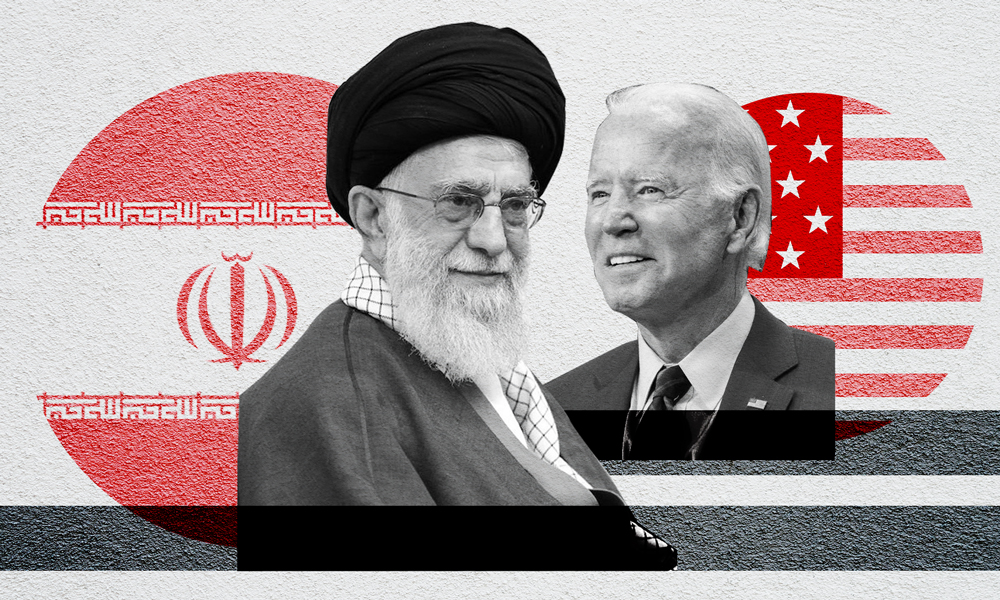
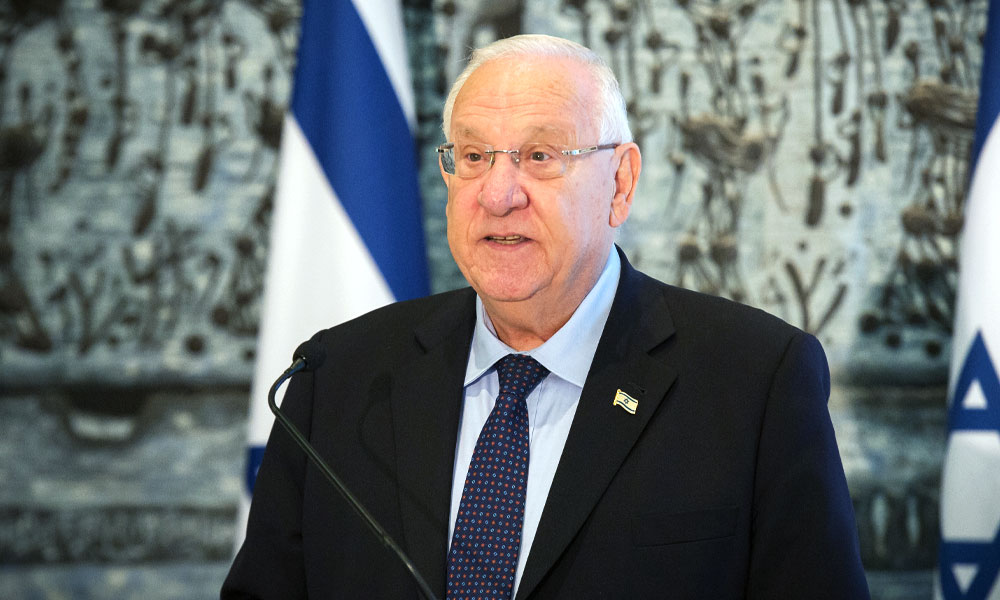


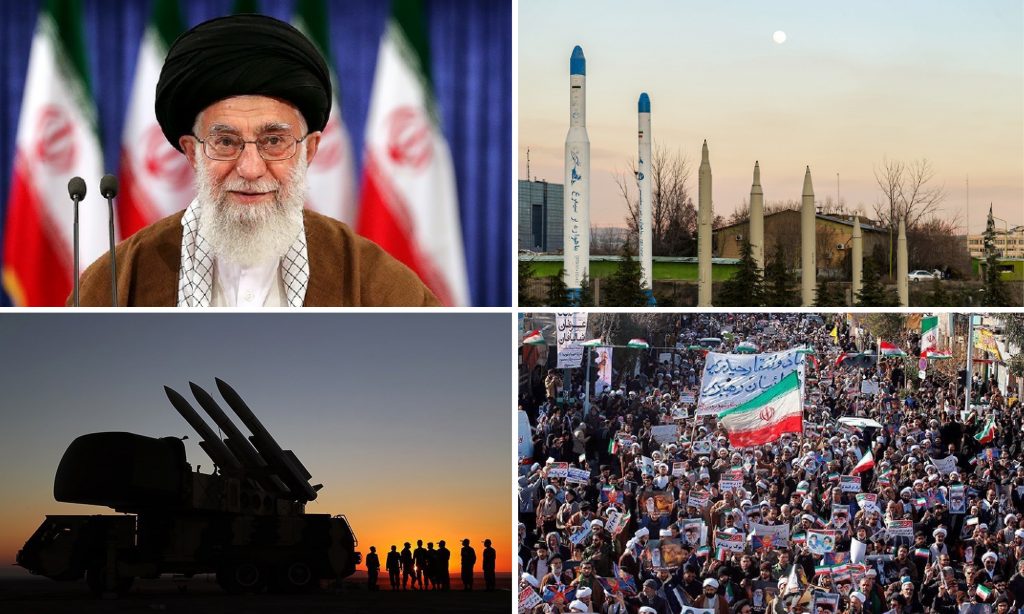
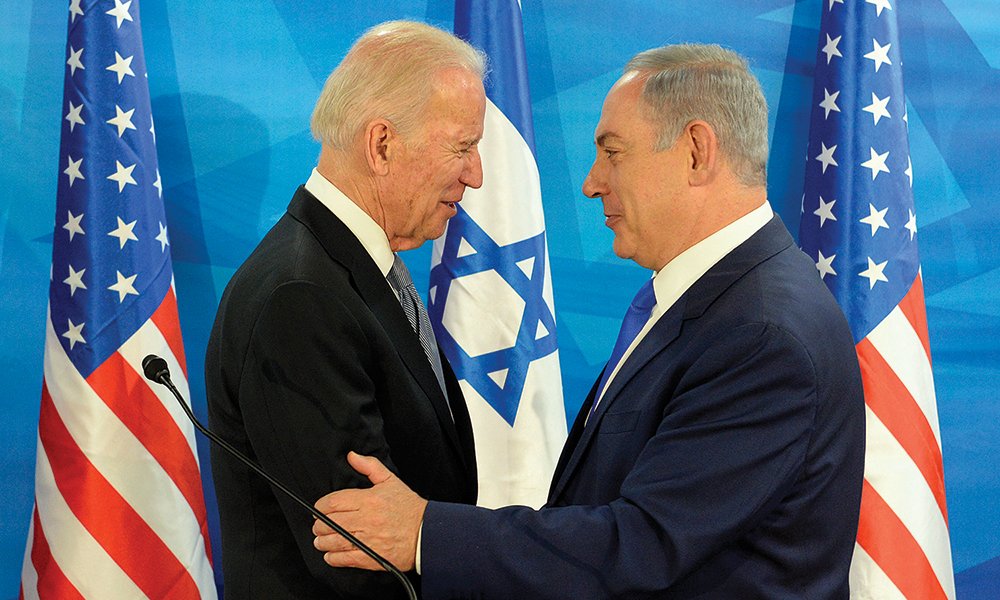
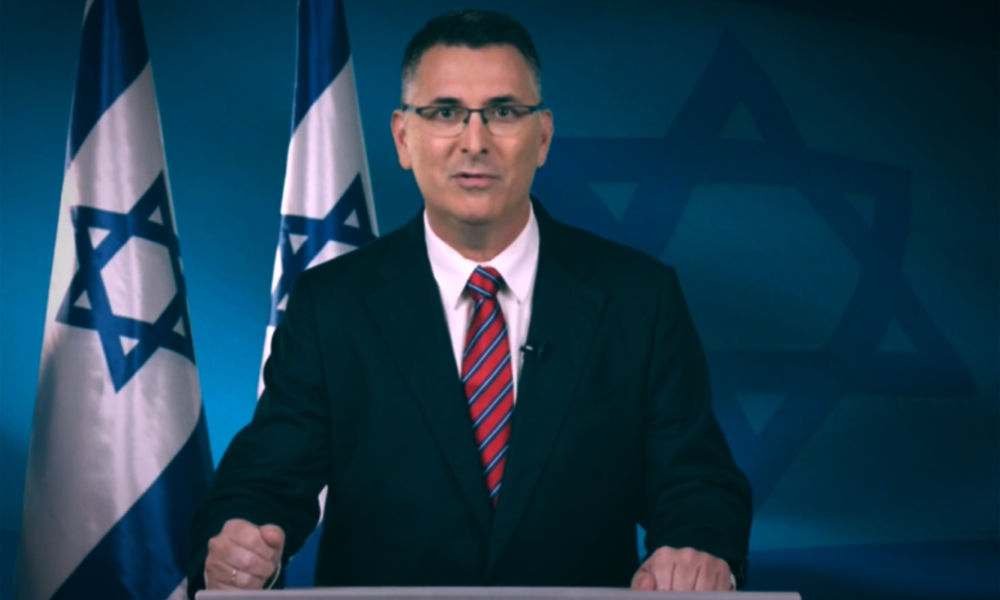
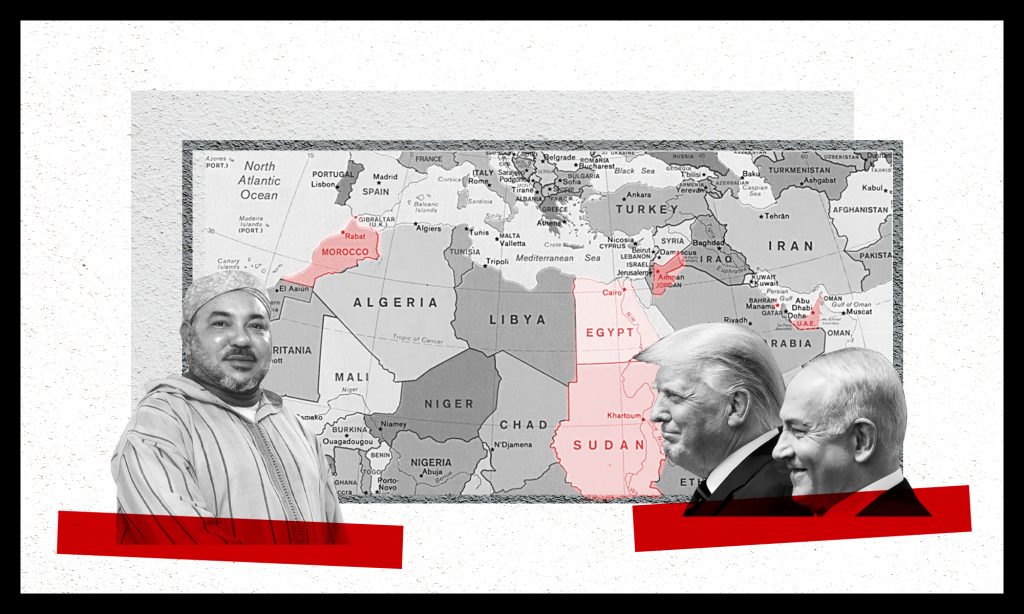
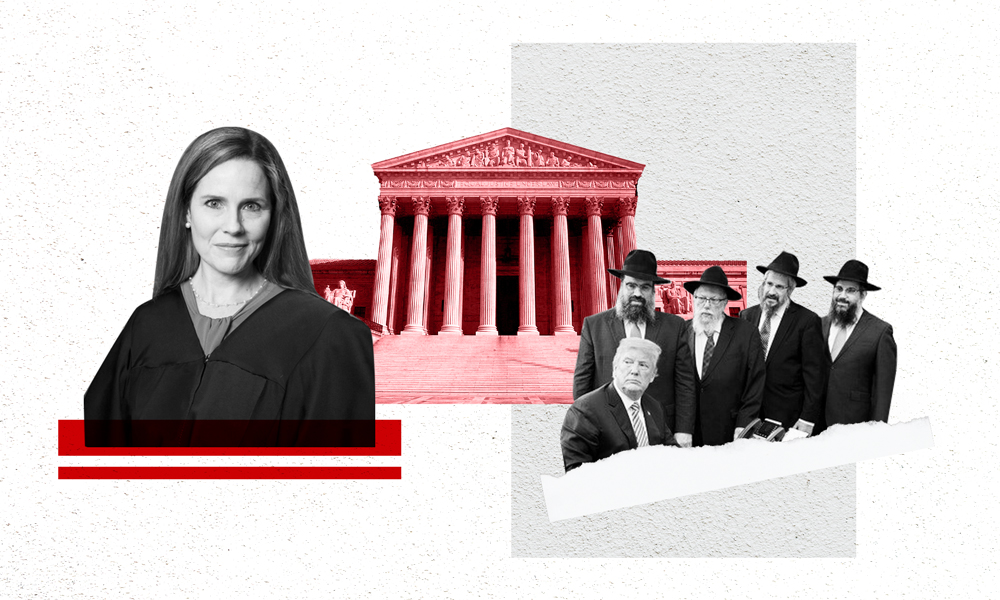
This perceptive article will hopefully lead to productive internal dalogue within the American Jewish community. The next needed step is serious interaction between Israelis and American Jews. We have a long history of disagreements. It is a critical element in maintaining a vibrant Jewish life. Unfortunately the general societal trend of name calling rather then trying to understand differing perspectives at present dominates the conversation.
I would add to Rav Blau’s comments that we need to hear from Israelis and Americans, but let us not forget Palestinians. It’s a group that seems all to ignored by AIPAC and its affiliates. (interestingly, a number of panels at J Street were made up of Palestinians and Israeli Arabs).
Color War, eh? Shades of summer camp!! J Street’s idealism is overshadowed only by its naivite. The real issue is not settlements, democracy, Netanyahu, etc., but the fact that Muslims do not accept-and probably never will-a Jewish state in their midst. This idea is buttressed by the genocidal verses in the Koran, and the rantings of Iran and the Muslim Brotherhood. Despite what Obama has said, a state of war exists between Islam and the West, and Israel is just one battleground. There are many, and I suspect there will be many more…